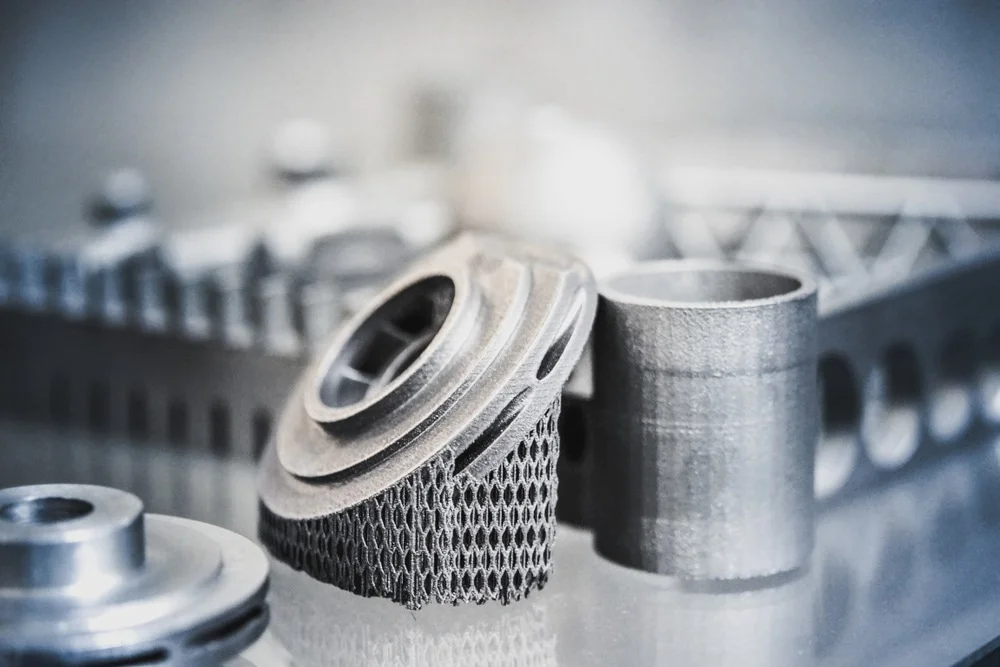ASTM E1820 Fracture Toughness Testing at Elevated Temperatures
The ASTM E1820 test method is a critical tool in metallurgy and material testing, particularly for materials that are expected to perform under high-temperature conditions. This test measures the fracture toughness (KIC) of materials using a compact tension specimen at elevated temperatures. Fracture toughness is an important mechanical property that indicates how well a material can absorb energy before fracturing. This property is crucial for predicting the performance and reliability of materials in high-temperature environments, such as those found in aerospace, automotive, and nuclear industries.
High-temperature testing is essential because many engineering components are subjected to elevated temperatures during their operational life. For instance, turbine blades in jet engines or reactor pressure vessels in nuclear plants need to maintain structural integrity under extreme conditions. ASTM E1820 provides a standardized approach to evaluate these materials' resistance to crack propagation, which helps ensure that the component can withstand the stresses it will encounter without failure.
The test involves subjecting a compact tension specimen to a constant load until fracture occurs. The stress intensity factor (KIC) is determined by measuring the energy absorbed during this process and plotting it against the crack length. This method allows for precise quantification of the material's resistance to crack growth, which is critical for understanding its behavior under operational conditions.
The ASTM E1820 test can be performed over a wide range of temperatures, from ambient to extremely high temperatures (up to 750°C). The ability to conduct tests at elevated temperatures makes this method particularly useful in sectors where materials are exposed to significant thermal stress. For example, the aerospace industry relies heavily on ASTM E1820 for assessing engine components and structural materials that must operate under severe heat conditions.
In addition to its technical significance, ASTM E1820 also plays a critical role in ensuring compliance with international standards and regulations. Many industries have stringent requirements regarding material performance at elevated temperatures, and ASTM E1820 provides the necessary data to meet these specifications. By using this standardized method, manufacturers can ensure that their materials will perform reliably under the expected operating conditions.
The testing process involves careful preparation of the specimens, which are typically made from the same material as the component being evaluated. The specimen must be machined with a specific geometry to facilitate accurate measurement of KIC. Once prepared, the specimen is loaded into a specialized testing machine that can apply controlled loads and measure the resulting deformation and fracture.
The test results are reported in terms of stress intensity factor values (KIC) for different crack lengths. These values provide engineers with crucial information about the material's resistance to crack propagation, which is essential for predicting its performance under various conditions. The ASTM E1820 method also allows for the evaluation of how changes in temperature affect a material's fracture toughness.
By using ASTM E1820, metallurgists and materials scientists can gain valuable insights into the behavior of materials at elevated temperatures. This information is invaluable for improving product design and ensuring that components will perform reliably under operational conditions. The standardized nature of ASTM E1820 ensures consistency in testing results across different laboratories, which is crucial for maintaining quality control and regulatory compliance.
For industries such as aerospace, automotive, and nuclear, ASTM E1820 provides a vital tool for assessing the durability and reliability of materials used in high-temperature applications. The ability to perform this test accurately and reliably ensures that components will meet the stringent performance requirements demanded by these sectors.
Applied Standards
| Standard | Description |
|---|---|
| ASTM E1820-19a | This standard specifies the procedure for determining the fracture toughness of metallic materials at elevated temperatures using compact tension specimens. |
| ISO 6892-3:2014 | An international standard that covers mechanical testing of metals, including methods for tensile testing and related procedures. |
| Standard | Description |
|---|---|
| ASTM E8-20a | This standard specifies the procedures for tension testing of metallic materials, which is often used in conjunction with ASTM E1820 to provide a comprehensive evaluation of material properties. |
| EN 14596:2018 | An European standard that sets out requirements and methods for the mechanical testing of metals and alloys used in aerospace applications. |
Why Choose This Test
- ASTM E1820 provides a standardized method for evaluating fracture toughness at elevated temperatures, ensuring consistent results across different laboratories.
- The test allows for precise quantification of material properties under operational conditions, which is crucial for predicting performance in real-world applications.
- It offers detailed insights into how changes in temperature affect materials' mechanical properties, aiding in the development of more reliable components.
- The method is widely recognized and accepted by regulatory bodies, ensuring compliance with industry standards and regulations.
Competitive Advantage and Market Impact
- ASTM E1820 enables companies to demonstrate the reliability of their materials under high-temperature conditions, giving them a competitive edge in the market.
- The test results can be used to justify design improvements and material substitutions, leading to more durable and efficient products.
- By ensuring compliance with international standards, ASTM E1820 helps companies avoid costly delays and penalties associated with non-compliance.
- The standardized nature of the method facilitates collaboration between different stakeholders, including manufacturers, suppliers, and regulatory agencies, fostering a more cohesive industry ecosystem.





